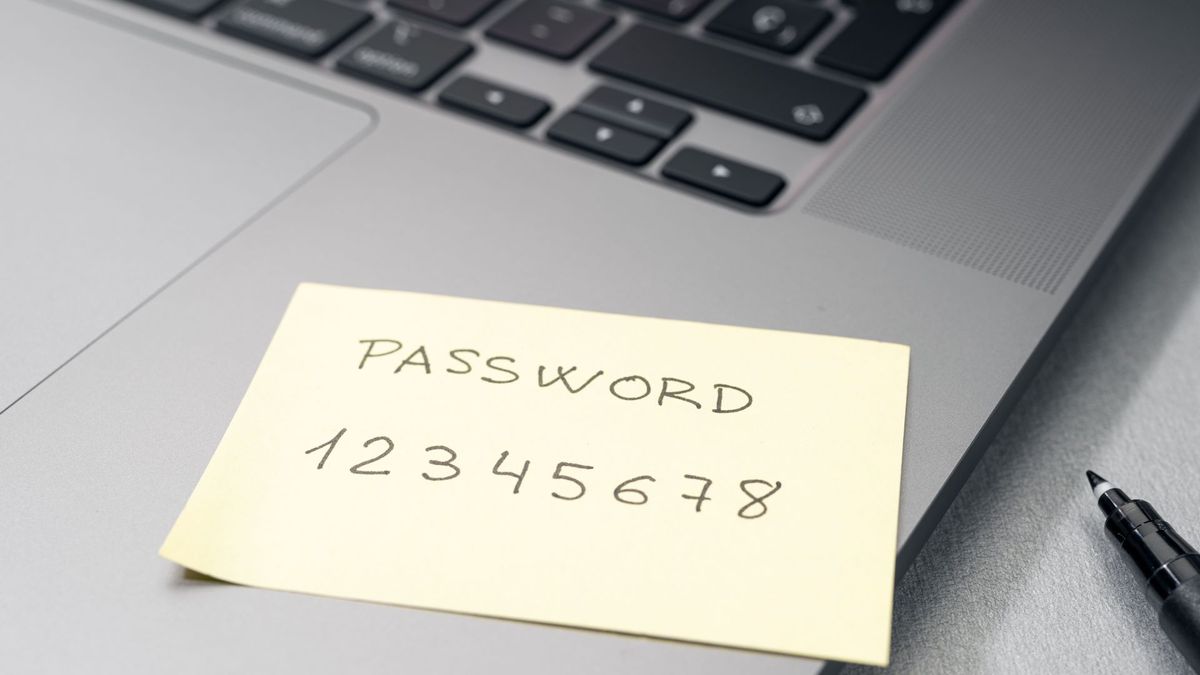Stop Weak Passwords: Boost Business Security
Weak passwords are a gaping hole in your business's security, a vulnerability that cybercriminals exploit daily. In today's digital landscape, where data breaches cost businesses millions and damage reputations irreparably, prioritizing strong password security is no longer optional – it's essential. This article explores the dangers of weak passwords and provides practical steps to significantly enhance your business's security posture.
The High Cost of Weak Passwords
The consequences of weak passwords extend far beyond a simple account lockout. Consider these potential impacts:
- Data Breaches: A single weak password can grant hackers access to your entire network, exposing sensitive customer data, financial information, and intellectual property. The resulting fines, legal battles, and reputational damage can cripple a business.
- Financial Losses: Data breaches lead to direct financial losses through stolen funds, ransom demands (ransomware attacks often exploit weak passwords), and the costs associated with recovery and remediation.
- Loss of Customer Trust: News of a data breach severely impacts customer trust, leading to lost business and a decline in brand loyalty. Rebuilding trust after a breach is a long and arduous process.
- Operational Disruptions: A successful cyberattack can disrupt your business operations, leading to downtime, lost productivity, and damage to your infrastructure.
Identifying and Eliminating Weak Passwords
Weak passwords often share common characteristics:
- Simple words: Words found in dictionaries or common phrases are easily guessed.
- Personal information: Using birthdates, pet names, or addresses makes passwords predictable.
- Repetitive patterns: Using the same password across multiple accounts amplifies the risk. If one account is compromised, all others are vulnerable.
- Short passwords: Short passwords are easily cracked by brute-force attacks.
To identify weak passwords within your organization, consider implementing password auditing tools. These tools can scan for common vulnerabilities and alert you to potential risks.
Implementing Strong Password Security Measures
Strengthening your business's password security requires a multi-pronged approach:
- Enforce strong password policies: Implement a clear policy outlining minimum password length, complexity requirements (combination of uppercase and lowercase letters, numbers, and symbols), and password expiration schedules.
- Utilize password managers: Password managers securely store and manage strong, unique passwords for each account, eliminating the need for employees to remember complex credentials. Tools like LastPass, 1Password, and Dashlane offer robust security features.
- Educate your employees: Regular security awareness training is crucial. Educate your staff about the dangers of weak passwords, phishing scams, and social engineering techniques.
- Implement multi-factor authentication (MFA): MFA adds an extra layer of security by requiring users to provide multiple forms of authentication, such as a password and a one-time code from a mobile app.
- Regularly update software and systems: Outdated software contains known vulnerabilities that can be exploited by hackers. Regular updates patch these vulnerabilities, reducing the risk of attacks.
Conclusion: Proactive Security is the Best Defense
Ignoring password security is a reckless gamble. The cost of a data breach far outweighs the investment in robust security measures. By implementing the strategies outlined above, businesses can significantly reduce their vulnerability to cyberattacks and protect their valuable data and reputation. Don't wait for a breach to happen – take proactive steps today to bolster your business's security.
Call to Action: Schedule a free consultation with our cybersecurity experts to assess your current security posture and develop a customized plan to strengthen your defenses. [Link to your cybersecurity services/consultation page]

